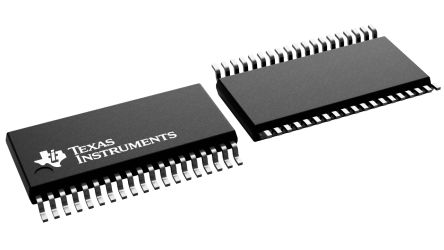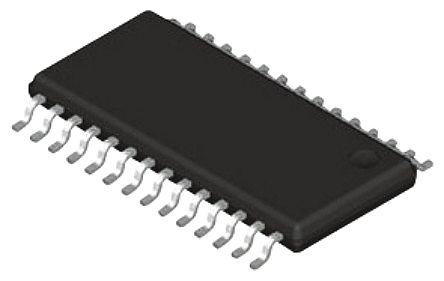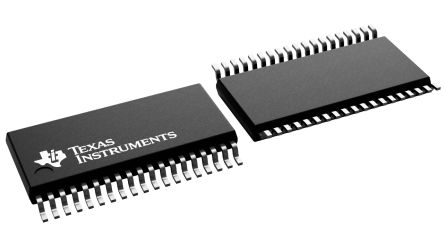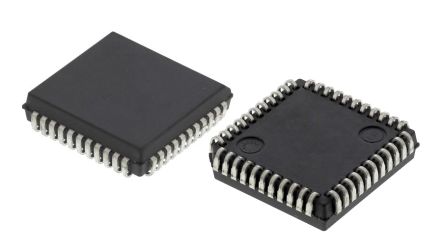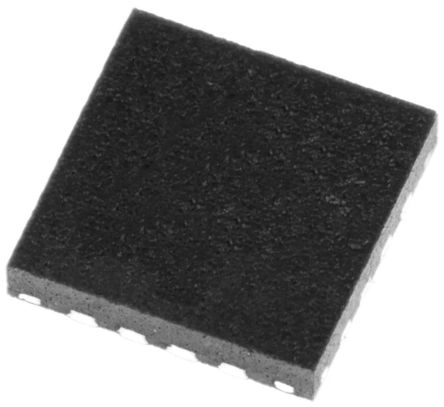- Automation & Control Gear
- Cables & Wires
- Enclosures & Server Racks
- Fuses & Circuit Breakers
- HVAC, Fans & Thermal Management
- Lighting
- Relays & Signal Conditioning
- Switches
- Batteries & Chargers
- Connectors
- Displays & Optoelectronics
- ESD Control, Cleanroom & PCB Prototyping
- Passive Components
- Power Supplies & Transformers
- Raspberry Pi, Arduino, ROCK, STEM Education & Development Tools
- Semiconductors
Crosspoint Switches
Crosspoint switches, also known as crossbar switches, are ICs which contain switches. These switches are arranged in a matrix between the inputs and outputs. Crosspoint switch devices are used in PCB circuits to provide switching functionality to electronic designs. They can handle multiple data streams with different protocols.
Crosspoint switches are popular in telecommunications applications. They enable an input to easily connect to an output, without interruption. They also allow paths to be changed, without impacting other paths. Crosspoint switches allow electronic signals to switch within the network of inputs and outputs.
The array configuration refers to the inputs and outputs of the crosspoint switch. For example, if the switch has 8 inputs and 8 outputs, the matrix would have 8x8 cross points where the connections meet.
Where are crosspoint switches used?
Many Crosspoint switches are designed for audio and/or video applications. There are also general purpose switches available. Example applications include:
- Set-top boxes
- TV sets
- A/V switches
- Surveillance
- Test equipment
- Automotive
- Data Acquisition System
- Communications
CMOS vs. Bipolar Crosspoint Switches
In many cases, for a CMOS switch, the inputs and outputs will need to be buffered. Bipolar switches already have buffers integrated within the device.
In addition to this, CMOS crosspoint switches offer low power dissipation and simpler design. CMOS also offers a bidirectional signal path. Bipolar crosspoint switches are best for more demanding applications as they are quicker and have low supply voltages and currents.
